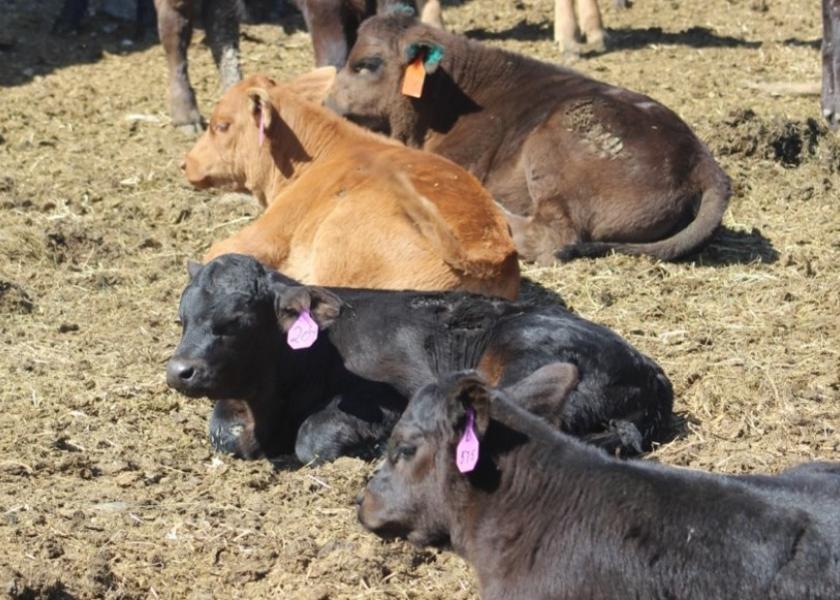USDA-NIFA to Invest $13M in Treating, Eradicating Livestock Diseases

The U.S. Department of Agriculture (USDA) National Institute of Food and Agriculture (NIFA) announced an investment of over $13 million in research that explores novel therapies and prevention strategies for animal diseases that cost the agricultural industry billions worldwide.
“The health of agricultural animals is critical to ensuring the U.S. maintains a safe and adequate food supply,” said NIFA Director Dr. Carrie Castille. “The research we are funding with these grants will create new knowledge and spur discoveries that enhance production efficiency and improve animal health and welfare.”
The 24 grants announced today are part of NIFA’s Agriculture and Food Research Initiative’s (AFRI) Diseases of Agricultural Animals program area priority. They will support projects at 17 universities focusing on disease prevention, vaccine development, and management strategies to maintain healthy agricultural animals.
This newly funded research investigates diseases affecting a full range of species, from cattle, poultry and pigs to horses, sheep and fish. The knowledge created by this research promises to aid farmers and ranchers in improving animals’ resistance to disease while also catalyzing the development of novel prevention and treatment methods.
Some funded projects include:
University of Illinois’ proposal focuses on developing safe and efficient drugs that block the activity of Cryptosporidium parvum, a highly prevalent parasite that causes a serious diarrheal illness in calves, lambs and goat kids in the U.S. and worldwide. This project will lead to effectively treating these infections in calves to improve livestock health and ease a significant economic burden to the cattle industry. ($790,000)
Marek's disease, a cancer-like disease of chickens, is caused by a herpes virus known as Marek's disease virus. The use of extensive vaccination by the poultry industry has significantly reduced the disease burden. However, the cost of vaccination and the emergence of novel viruses capable of overcoming vaccination pose a serious economic threat to the poultry industry. A Texas A&M University project on Marek’s Disease in chickens will help reduce the cost of vaccinations for U.S. poultry producers. ($625,000)
Enteric septicemia is the leading disease of cultured channel catfish. There are limits in the current preventive and treatment strategies. There is an urgent, industry-defined need to provide catfish producers with a practical, safe and effective treatment alternative. Mississippi State University’s project will evaluate an antimicrobial feed additive that will provide a safe and practical solution to combat enteric septicemia in catfish. This research will help develop treatment options for aquaculture producers that will increase production efficiency. ($625,000)
Swine influenza virus is one of the top respiratory infections in swine, causing significant economic losses to the swine industry every year. This virus is highly prevalent in the U.S., and the complexity of this disease makes it challenging to develop effective vaccines. Cornell University’s research will develop more effective vaccines for swine influenza virus. ($642,000)
NIFA invests in and advances agricultural research, education and Extension across the nation to make transformative discoveries that solve societal challenges. NIFA supports initiatives that ensure the long-term viability of agriculture and applies an integrated approach to ensure that groundbreaking discoveries in agriculture-related sciences and technologies reach the people who can put them into practice. In FY2021, NIFA’s total investment was $1.96 billion.







